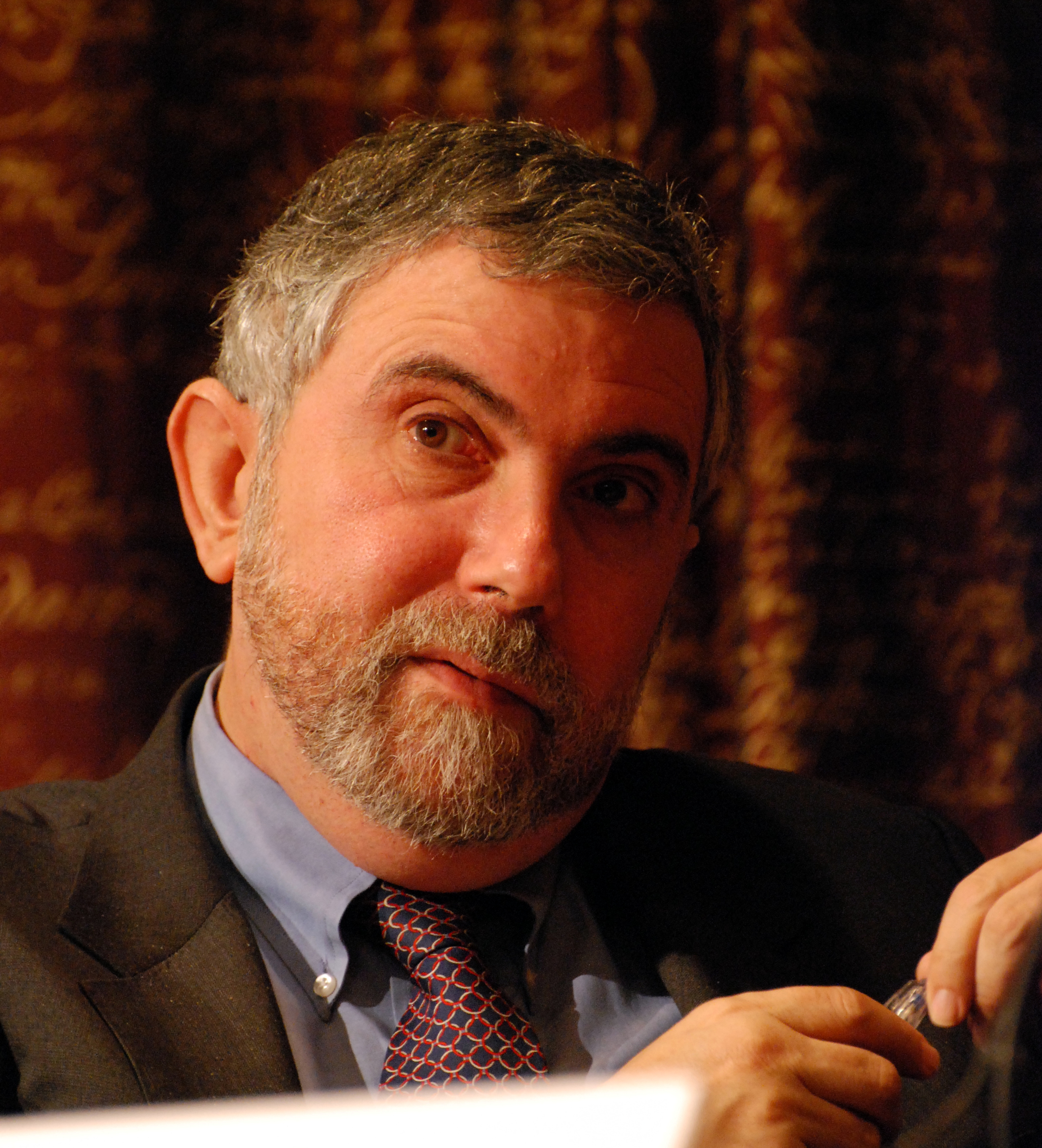“Eu preferiria ter meu dinheiro aplicado em ações na Indonésia.”
Paul Krugman, economista e professor do MIT, errando ao prever um crash na Bolsa de Nova York
Fonte: Revista Veja http://veja.abril.com.br/231298/p_012.html de 23/12/98
